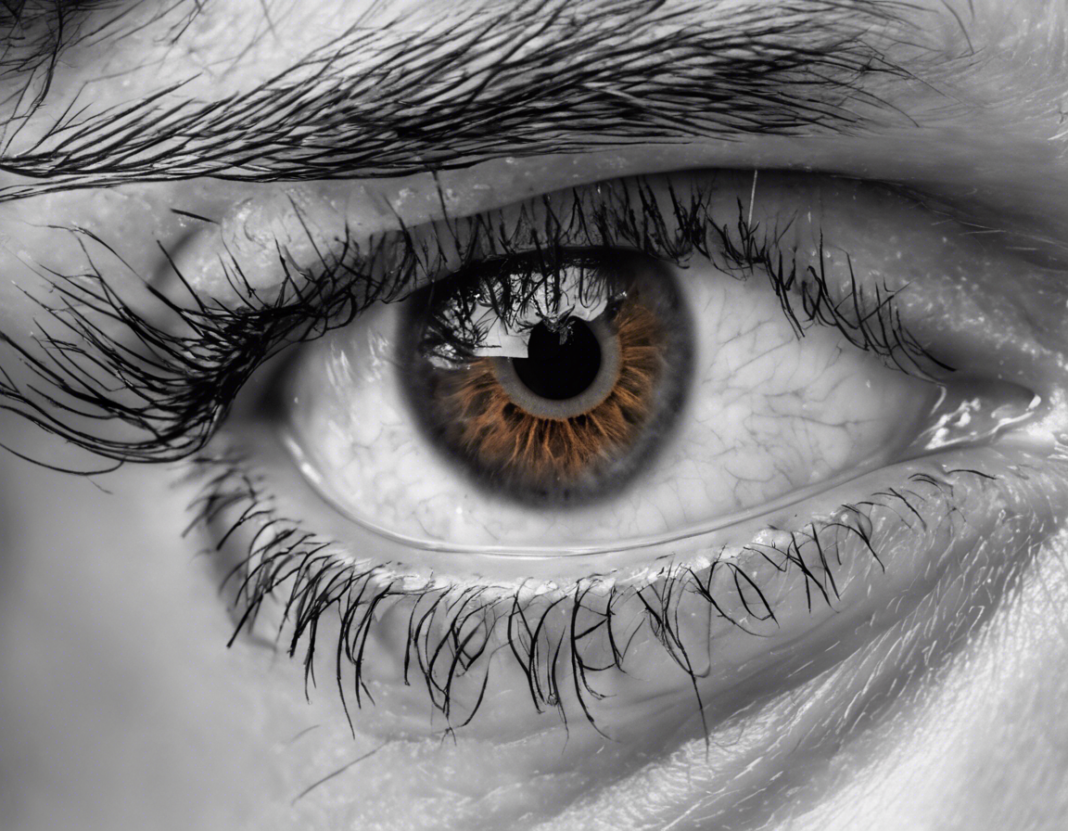Conjunctivitis, also known as pink eye, is a common eye condition that can affect people of all ages. It occurs when the conjunctiva, the thin layer of tissue that covers the front of the eye, becomes inflamed. There are three main types of conjunctivitis: viral, bacterial, and allergic. While most cases of conjunctivitis are mild and resolve on their own, it is important to know the symptoms, causes, and treatment options available.
Symptoms of Conjunctivitis
The symptoms of conjunctivitis can vary depending on the cause of the inflammation. However, some common symptoms include:
- Redness in the white of the eye
- Watery eyes
- Itchy eyes
- Soreness or a burning sensation
- Gritty feeling in the eye
- Discharge from the eye
- Swollen eyelids
These symptoms can occur in one or both eyes and may range from mild to severe.
Causes of Conjunctivitis
1. Viral Conjunctivitis: This type of conjunctivitis is often caused by the same viruses that are responsible for the common cold. It is highly contagious and can spread through respiratory droplets or by touching an infected surface and then touching the eyes.
2. Bacterial Conjunctivitis: Bacterial conjunctivitis is usually caused by bacteria such as Staphylococcus aureus or Streptococcus pneumoniae. It can spread through direct contact with contaminated hands or objects.
3. Allergic Conjunctivitis: Allergic conjunctivitis is triggered by allergens such as pollen, pet dander, or dust mites. It is not contagious and is more common in people with a history of allergies.
Treatment Options for Conjunctivitis
The treatment for conjunctivitis depends on the underlying cause of the inflammation. Some common treatment options include:
1. Viral Conjunctivitis:
- Artificial tears to relieve discomfort.
- Cold compresses to reduce swelling and inflammation.
- Antiviral medications in some cases.
2. Bacterial Conjunctivitis:
- Antibiotic eye drops or ointments to clear the infection.
- Warm compresses to help soothe the eye.
3. Allergic Conjunctivitis:
- Antihistamine eye drops to control allergy symptoms.
- Avoiding allergens that trigger the symptoms.
Home Remedies for Conjunctivitis
In addition to medical treatment, there are several home remedies that can help alleviate the symptoms of conjunctivitis:
- Cleanse the eyes regularly with lukewarm water.
- Avoid rubbing the eyes, as this can worsen the irritation.
- Apply a cold compress to reduce swelling and discomfort.
- Wash hands regularly to prevent the spread of infection.
- Avoid wearing contact lenses until the infection clears up.
When to See a Doctor
While most cases of conjunctivitis can be treated at home, it is important to see a doctor if:
- Symptoms worsen or do not improve after a few days.
- There is severe pain or sensitivity to light.
- Vision changes or loss of vision occurs.
- There is a thick discharge from the eye.
- The conjunctivitis is recurrent or chronic.
Frequently Asked Questions (FAQs) about Conjunctivitis
1. Is conjunctivitis contagious?
Yes, viral and bacterial conjunctivitis are highly contagious and can be spread through direct contact with infected individuals or contaminated surfaces.
2. How long does conjunctivitis last?
The duration of conjunctivitis can vary depending on the cause. Viral conjunctivitis can last up to two weeks, while bacterial conjunctivitis may resolve within a few days with treatment.
3. Can you wear makeup with conjunctivitis?
It is best to avoid wearing makeup while experiencing conjunctivitis, as it can irritate the eyes and potentially worsen the condition.
4. Can conjunctivitis cause blindness?
While conjunctivitis itself is typically not a serious condition, untreated cases of bacterial conjunctivitis can lead to complications that may affect vision if left untreated.
5. Can you go to work or school with conjunctivitis?
It is advisable to stay home from work or school until the symptoms of conjunctivitis improve to prevent spreading the infection to others.
6. Is there a way to prevent conjunctivitis?
Practicing good hygiene, such as washing hands regularly, avoiding touching the eyes, and avoiding sharing personal items, can help reduce the risk of contracting conjunctivitis.
7. Can allergic conjunctivitis be cured?
While allergic conjunctivitis cannot be cured, it can be managed effectively with medication and by avoiding allergens that trigger the symptoms.
8. Is there a difference between pink eye and conjunctivitis?
No, pink eye is another term for conjunctivitis and is used interchangeably to describe the inflammation of the conjunctiva.
9. Can you swim with conjunctivitis?
It is best to avoid swimming while experiencing conjunctivitis, as the chlorine in the pool water can irritate the eyes and potentially worsen the condition.
10. Does conjunctivitis only affect humans?
Conjunctivitis can affect a variety of animals, including dogs, cats, and horses, in addition to humans. The causes and symptoms may vary in different species.
In conclusion, conjunctivitis is a common eye condition that can cause discomfort and irritation. By understanding the symptoms, causes, and treatment options available, individuals can effectively manage and alleviate the effects of conjunctivitis. If symptoms persist or worsen, it is important to seek medical attention to prevent any potential complications and ensure a speedy recovery.

